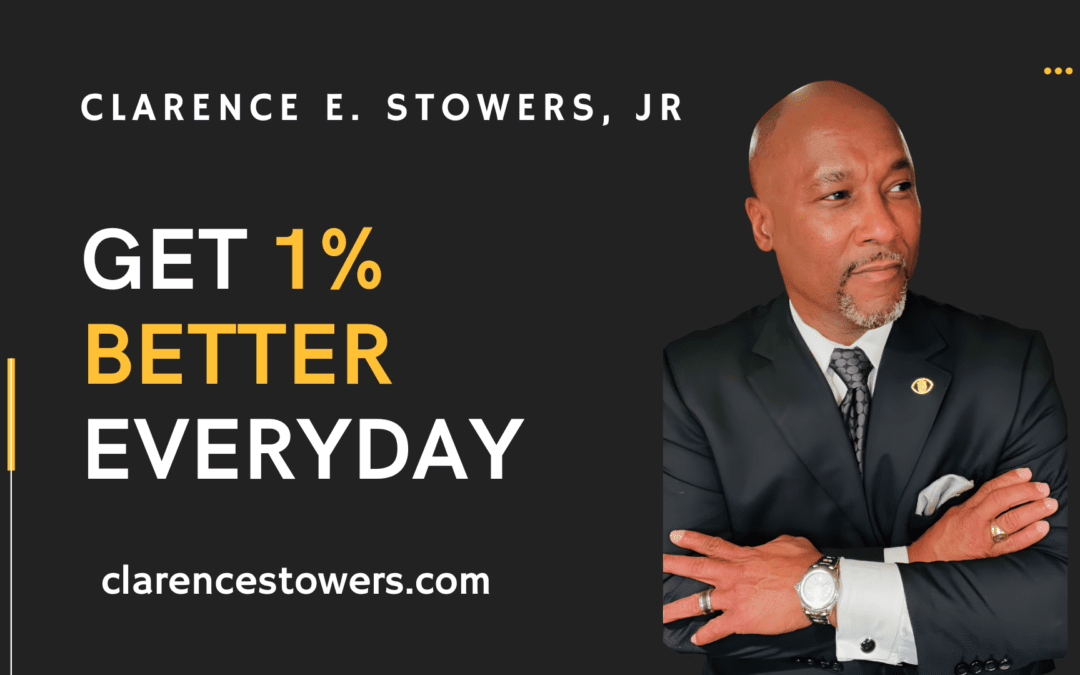
The Great Facebook & Instagram Outage Lesson: Dig Your Own Unshakable Well
In the early 2000s, the board of directors forced Steve Jobs, Apple's co-founder, out of the company. Jobs had been a critical figure in the company's success, having overseen the development of iconic products such as the Macintosh, the iPod, and the iPhone. However, he clashed with the board over his management style and the company's direction, leading to his ousting.

Following his departure from Apple, Jobs embarked on personal reflection and soul-searching. He realized that his mistake could have been relying more heavily on someone else's platform, which had resulted in his being removed from Apple. As a result, he decided to create his own platform, Pixar, a company that would allow him to showcase his unique vision for the future of entertainment.
Pixar initially started as a computer hardware company, but they quickly shifted their focus to developing animation software. Steve Jobs, the founder, recognized the potential of animation to transform the movie industry and went all-in to ensure Pixar's success.

In 1995, the company released its first feature film, Toy Story, a massive commercial and critical hit. Pixar continued producing blockbuster films, such as A Bug's Life, Monsters Inc., and Finding Nemo. I will revisit this story later in the article.
This week's brief outage of Facebook and Instagram served as a jarring wake-up call: the rented digital platforms we've come to rely on for our businesses and online presence are ultimately not under our control.
The Great Facebook Outage Lesson
This week's brief outage of Facebook and Instagram served as a jarring wake-up call: the rented digital platforms we've come to rely on for our businesses and online presence are ultimately not under our control. While undeniably convenient, they can go dark at any moment, leaving us high and dry, scrambling to reconnect with our audiences and customers.

The lesson is as clear as a desert mirage: we must dig our own wells before the thirst sets in. By building a robust, self-sufficient platform that we truly own and govern, we insulate ourselves from the whims and failures of third-party rentiers.
This self-made oasis should comprise several key elements:
- A Website You Fully Own: No more renting digital real estate. Your website is your sovereign territory on the internet, where you make the rules and set the terms of engagement. It's your impenetrable home base, unshakeable by external forces.
- An Email List Under Your Control: With your email list, you own the direct line of communication with your tribe. There are no algorithms, no intermediaries—just an unbroken pipeline to the inboxes of those who matter most. This connection can never be blocked or disrupted.
- An Instantaneous Text Alerting System: In today's age of fracturing attention, reach your people immediately through the communication channel they're guaranteed to see. With your owned SMS systems, you're never accountable to someone else's pipes.
- Internal Team Collaboration Channels: Keep your crew connected, aligned, and productive through digital spaces you control and manage. Efficient teamwork and flawless execution are vital competitive advantages.
- Streamlined Opt-In and Follow-Up Processes: Effortlessly guide new leads into your world on your own terms. With automated systems under your watchful eye, every prospect can stay caught up when the rented streams run dry.
The lesson is as clear as a desert mirage: we must dig our own wells before the thirst sets in.
By piecing together the different pillars of your self-governed platform, you can avoid being a "digital sharecropper" and subject to your landlords' whims. If the domains you rent fail, you can easily switch to your fully owned domain and continue serving your audience without problems. Let's return to Steve Jobs' story to see how he applied this lesson years later when he returned to Apple.
He transformed Apple into a self-governed empire by creating iTunes, the Online Store, and an ironclad ecosystem, resulting in a self-sustaining oasis that was unshakable by external forces.
The moral of Jobs' story is that true visionaries should build their empire on self-reliance and control their destiny by digging their own wells. Don't rent land to build your empire, as it can vanish overnight. Cultivate self-reliance by owning your platform.
Never be caught up with resources when you need them the most. Instead, take the initiative to cultivate a strong foundation that will provide you with the necessary tools to secure your future success. By doing so, you can ensure that your business or audience will continue to grow and thrive.
Remember that self-reliance is crucial in achieving this goal, as it will help you become more resilient in the face of any challenges.
When the rented domains inevitably fail, you can easily switch to your fully owned domain and continue serving your audience from the depths of your well-stocked waters.
If you are ready to take the initiative towards securing your future success, start cultivating a strong foundation today. Don't wait until you are caught up with resources when you need them the most.
Remember, self-reliance is key to becoming more resilient and achieving your goals. So, take action now and invest in yourself to ensure that your business or audience continues to grow and thrive!
















